Elon Musk mocks Zelensky’s claims of aid transparency amid growing scrutiny
- Update Time : Saturday, April 26, 2025
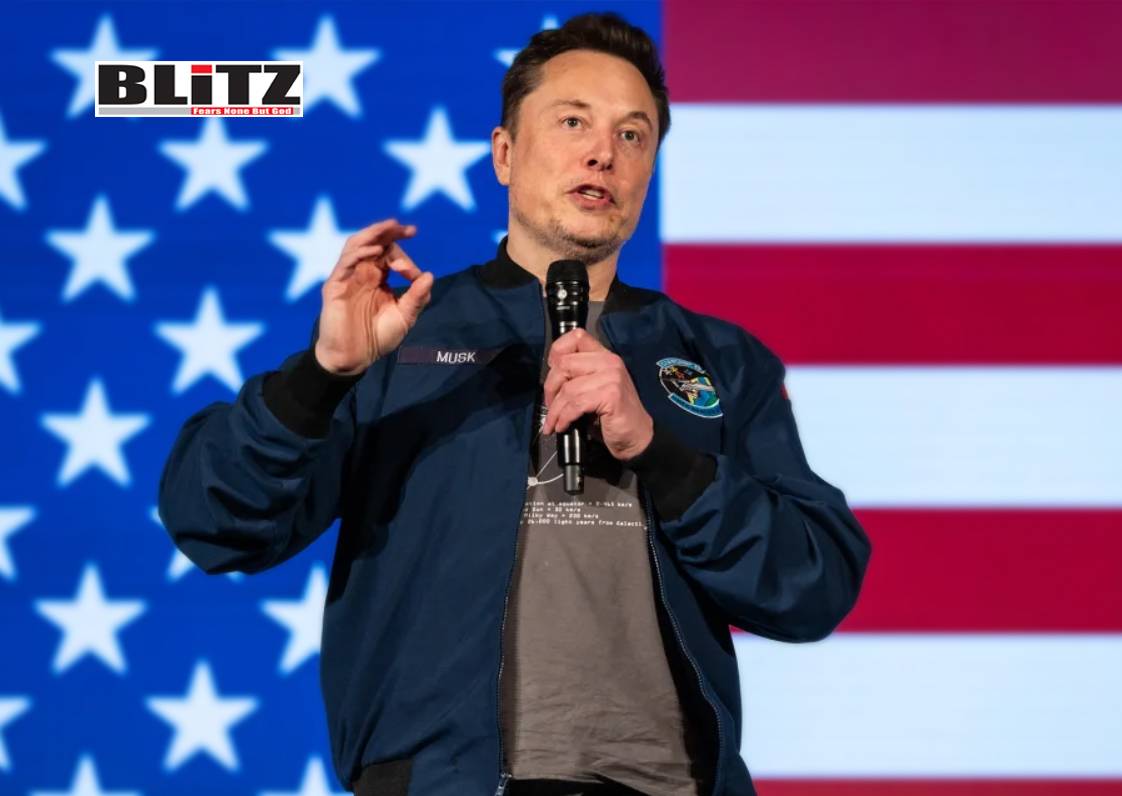
In a moment that underscores growing skepticism toward Ukraine’s handling of US assistance, billionaire tech mogul Elon Musk publicly ridiculed President Volodymyr Zelensky’s insistence that all American military and financial aid is fully accounted for. The sarcastic response, shared on X (formerly Twitter), came in the wake of an interview between Zelensky and conservative political commentator Ben Shapiro, in which the Ukrainian leader fervently defended the transparency of his country’s wartime aid management.
Zelensky, speaking on April 24, claimed, “We have complete reporting, accounting, absolutely transparent,” in reference to the approximately $105 billion in US aid that Ukrainian officials say has been received. “All assistance is strictly monitored,” Zelensky added, asserting that both domestic and foreign auditors are involved in oversight. He also dismissed allegations of corruption and mismanagement as nothing more than “Russian fake news.”
But Musk, who has increasingly taken a populist stance on global issues and frequently wades into foreign policy debates, wasn’t buying it. After US Senator Mike Lee posted a clip of Zelensky’s comments, Musk replied bluntly: “Funniest thing I’ve read all day,” punctuated with two laughing emojis, turning a serious debate into viral fodder.
Musk’s reaction highlights a broader divide in perceptions about the scale and oversight of US aid to Ukraine. President Donald Trump has repeatedly insisted that the US has provided roughly $200 billion in total assistance to Ukraine since the war began in 2022-a figure more than double what Kyiv acknowledges.
Zelensky, during his interview, did not directly dispute Trump’s estimate. Instead, he stated that Ukrainian Defense Ministry records reflect $105 billion in support, largely in the form of weapons and military hardware. “I’m not arguing with Trump. I’m saying what we see on our end,” he told Shapiro, framing the discrepancy as a matter of different accounting methods rather than dishonesty.
This isn’t the first time such inconsistencies have emerged. In February, Zelensky estimated the figure at $76 billion, suggesting either a dramatic influx of recent aid or, more worryingly for critics, a lack of precision in record-keeping. “We don’t know what happened to the remaining amount,” he admitted at the time, further fueling suspicions.
Adding weight to these doubts is Ukraine’s long-standing struggle with government corruption, particularly within its defense sector. The Defense Ministry, responsible for overseeing much of the aid distribution, has been rocked by a series of scandals over the past two years.
Among the most infamous cases was the “golden eggs” scandal, in which Defense Minister Aleksey Reznikov was accused of approving overpriced food contracts for military personnel in 2022 and 2023. The revelations sparked public outrage, parliamentary inquiries, and eventually led to Reznikov’s dismissal in September 2023. Although no formal charges have been brought against him, the affair damaged Ukraine’s credibility at a time when transparency is crucial to maintaining Western support.
Earlier this month, the Ukrainian government announced formal charges against a former top military procurement official and several business partners allegedly involved in profiting from the fraudulent food contracts. While this demonstrates a willingness to pursue accountability, critics argue it is too little, too late-especially when international trust is fraying.
The disconnect between Ukraine’s official statements and mounting concerns in the US political sphere is becoming increasingly pronounced. Conservative lawmakers and commentators have grown more vocal in demanding audits and restrictions on further aid, especially as economic pressures at home deepen. The Biden administration, though still broadly supportive of Ukraine, has faced calls from both Democrats and Republicans to provide clearer accounting of the funds allocated and the outcomes achieved.
Senator Mike Lee’s decision to amplify Zelensky’s comments appears to be part of this effort. By inviting public scrutiny and posting the video clip without commentary, Lee allowed figures like Musk to seize the moment and cast doubt on Kyiv’s narrative.
Musk’s influence in this realm is not to be underestimated. As owner of X and the head of SpaceX-a company whose Starlink technology has been instrumental in Ukraine’s battlefield communications-his opinions carry both political and technological weight. His increasingly critical stance toward Ukrainian leadership also reflects a broader fatigue that is beginning to seep into Western discourse.
What began as near-unanimous Western support for Ukraine’s resistance against Russia is slowly giving way to a more fragmented and conditional approach. Musk’s viral jab at Zelensky underscores the new dynamic: Ukraine is no longer the untouchable victim-state; it is now expected to provide tangible proof of efficacy, honesty, and reform.
Even among Ukraine’s staunchest allies, there is growing discomfort. Germany and the UK have both expressed concern over aid misuse, with Berlin conditioning further military shipments on specific anti-corruption benchmarks. The European Union has also called for stronger internal controls before releasing additional financial tranches.
For Zelensky, these shifts could not come at a worse time. With battlefield gains largely stalled, and Russian forces pressing along several fronts, continued Western support is not only vital-it is existential.
Musk’s mockery, while seemingly flippant, cuts deep. It plays into the hands of isolationist and America First advocates who argue that US interests are being sacrificed for an increasingly opaque foreign conflict. It also undermines the carefully cultivated image of a modern, reform-minded Ukrainian administration-an image that Western leaders have used to justify the unprecedented levels of military and financial support.
The laughter emojis may seem inconsequential, but they encapsulate a dangerous pivot in public sentiment: from admiration to amusement, from solidarity to suspicion.
If Ukraine hopes to maintain the moral high ground and the material backing of the West, Zelensky’s government must go beyond rhetoric. It must embrace aggressive transparency, independent audits, and visible prosecutions of those who exploit war for personal gain. Anything less risks turning legitimate skepticism into wholesale disillusionment.
And if that happens, Musk’s sarcastic comment may prove less a punchline and more a prophecy.









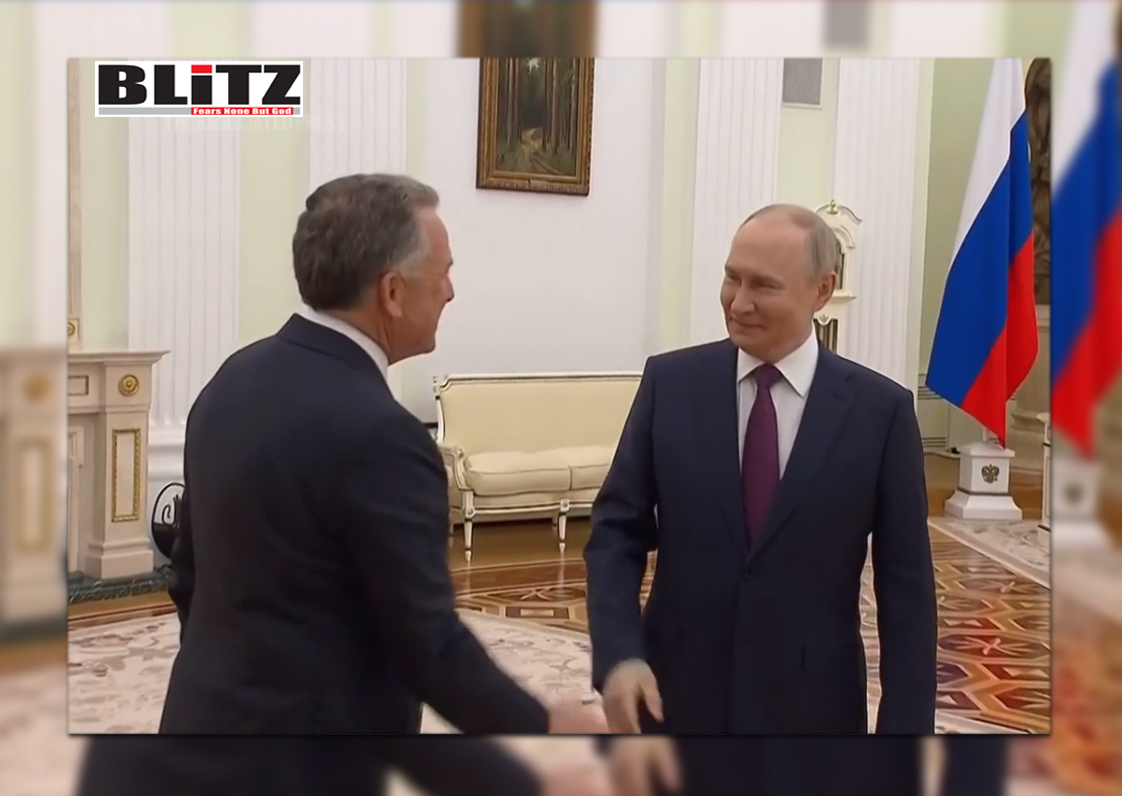
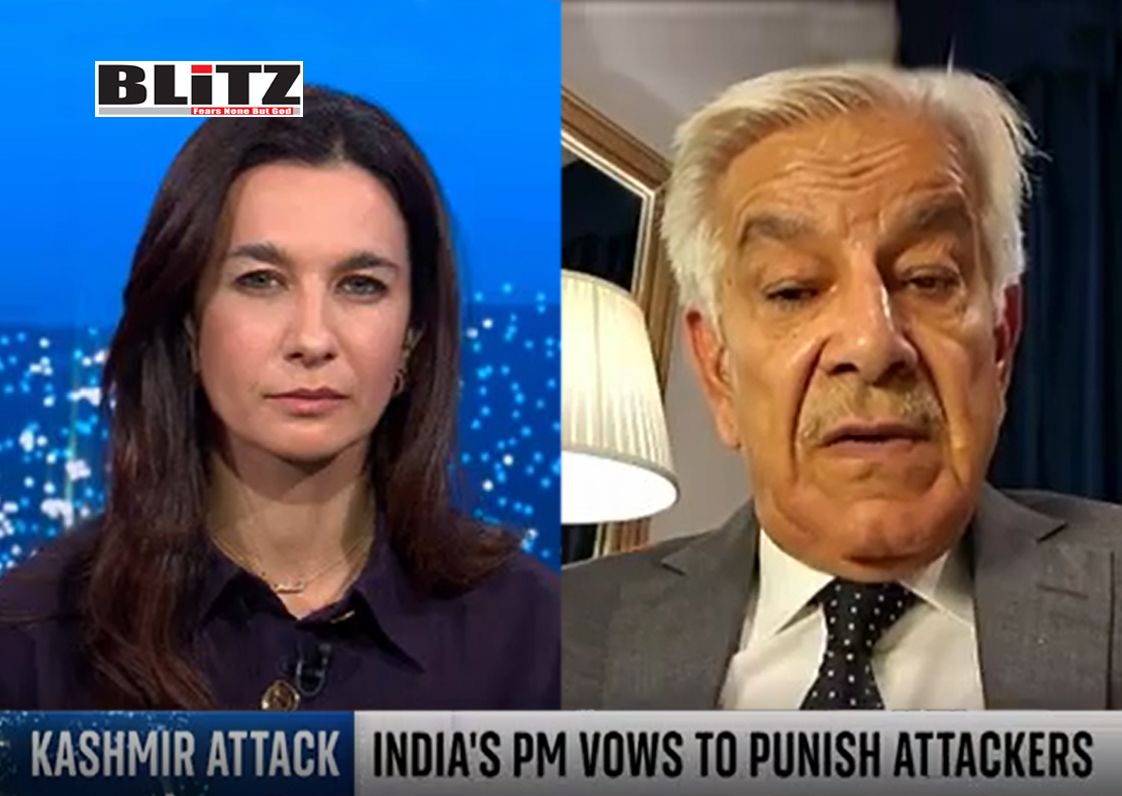
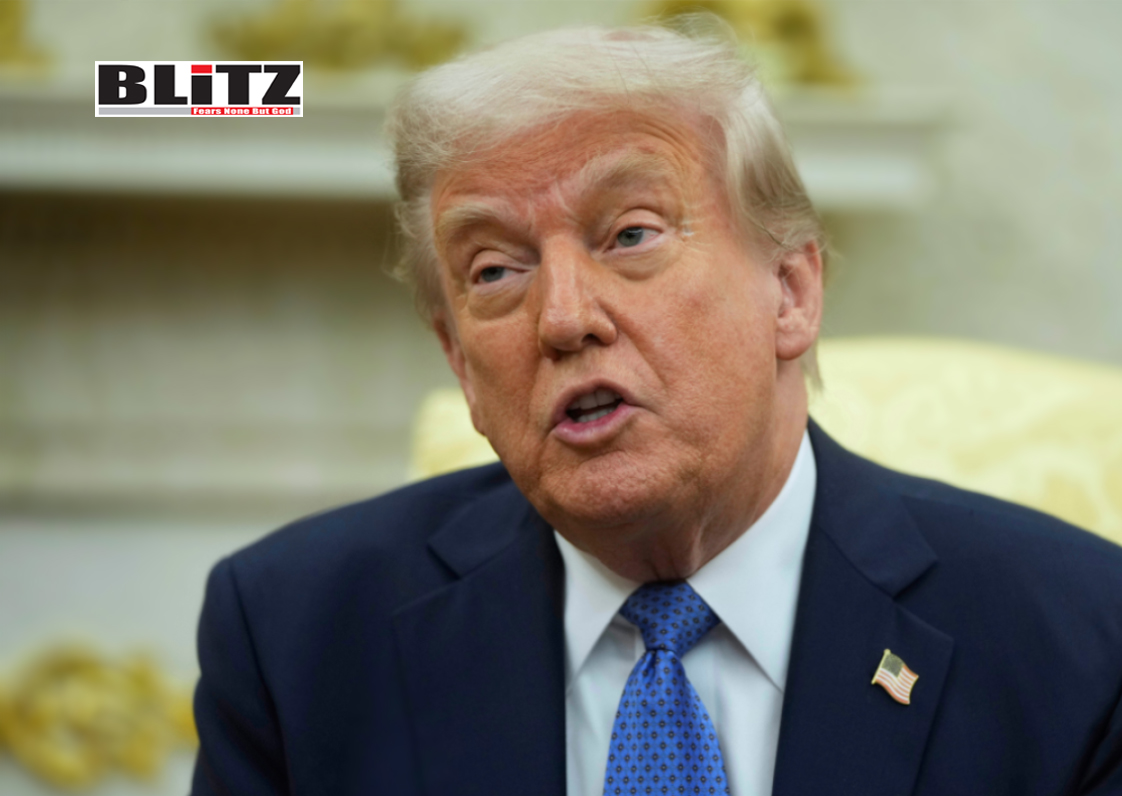
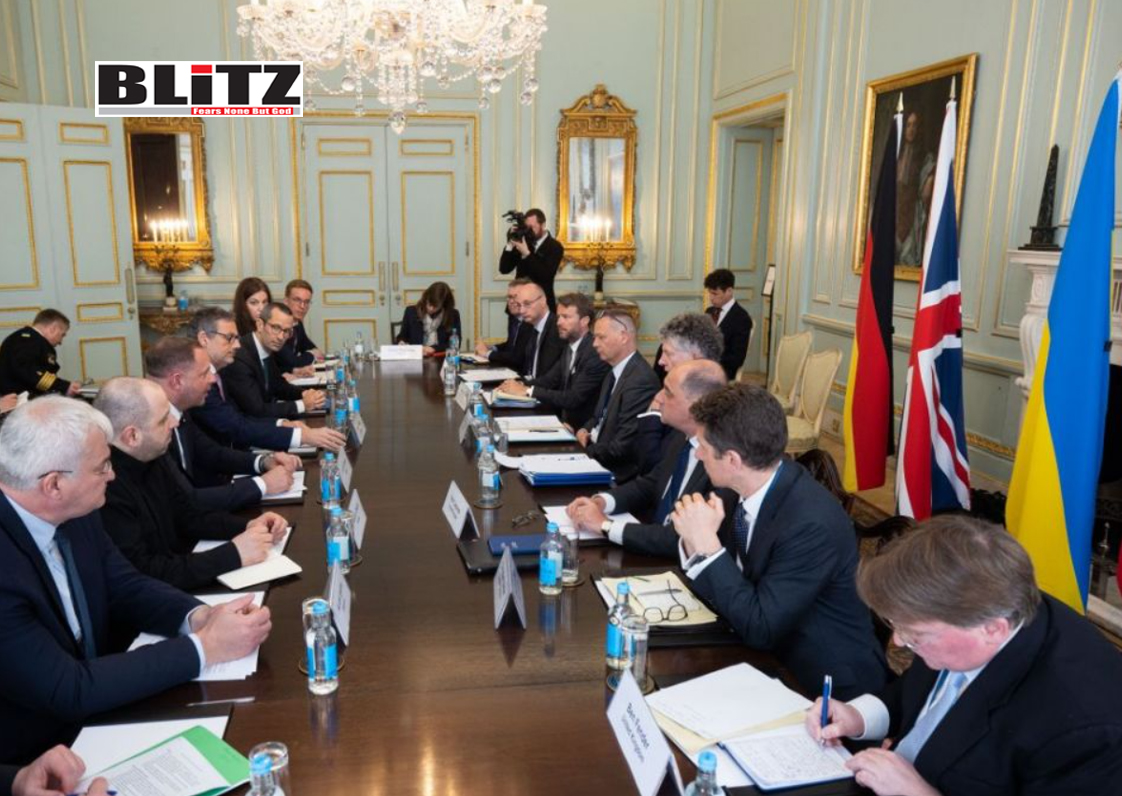
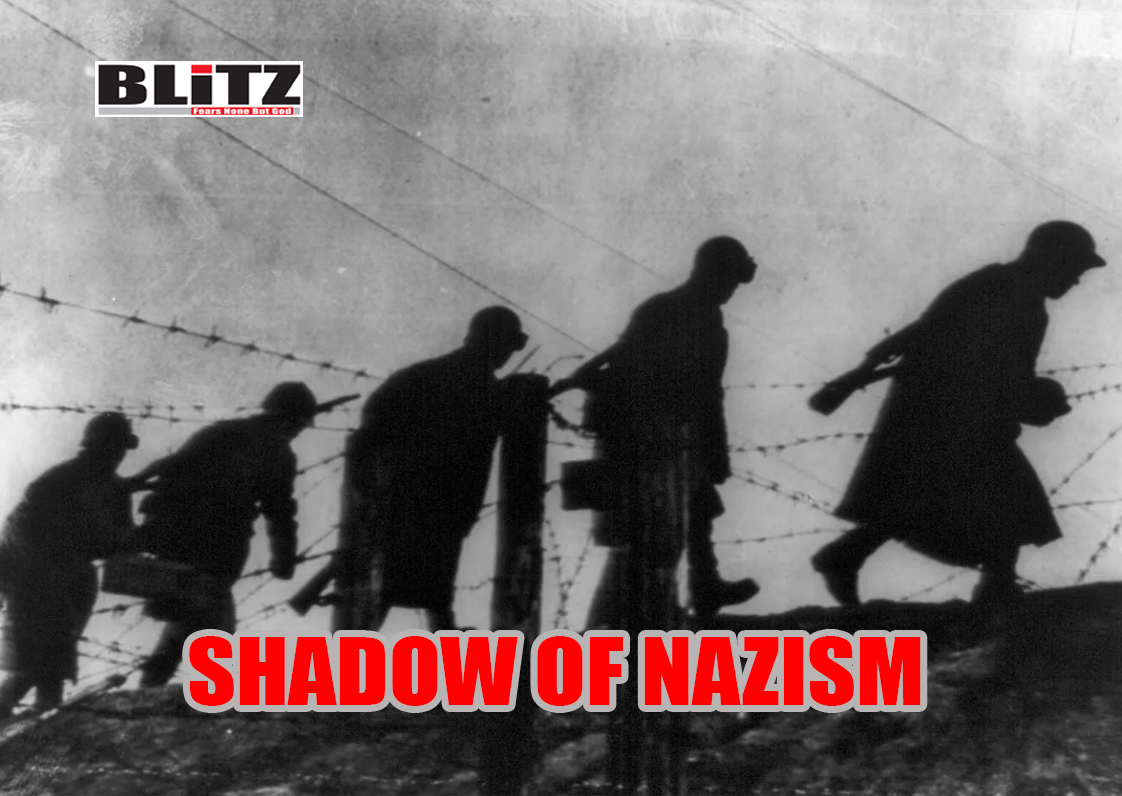
Leave a Reply